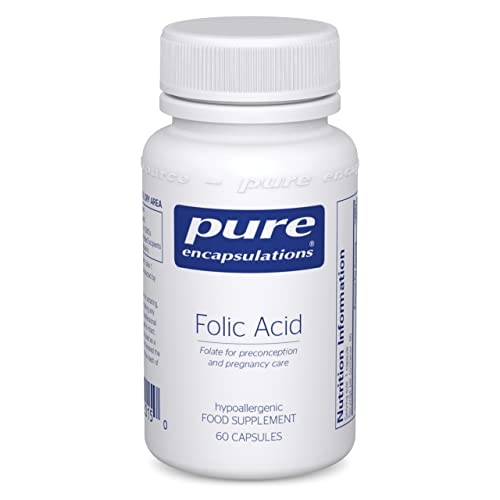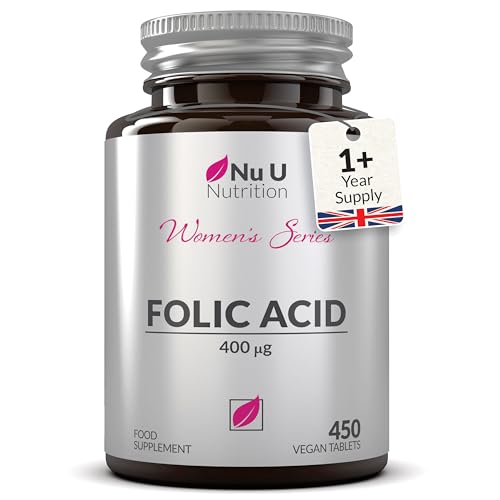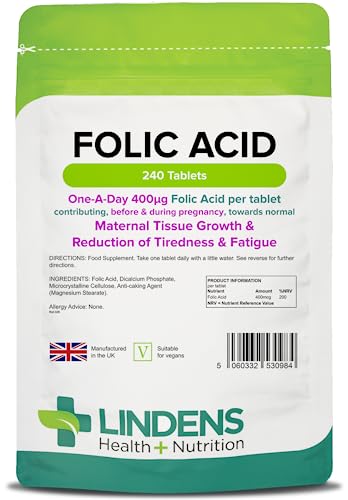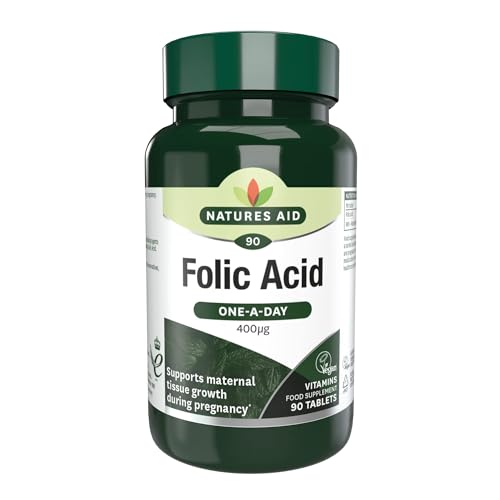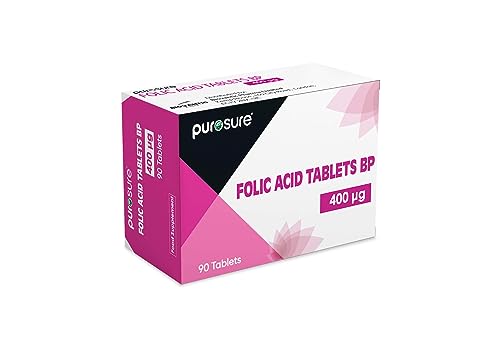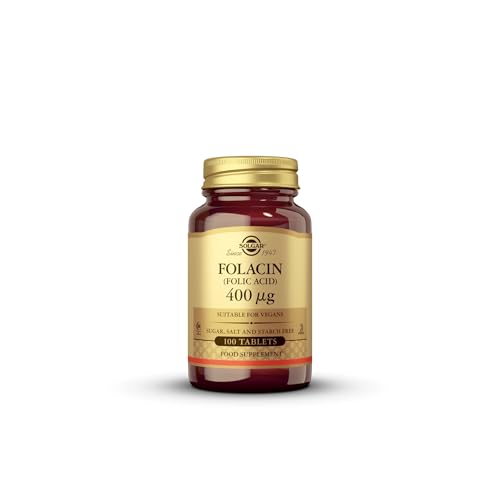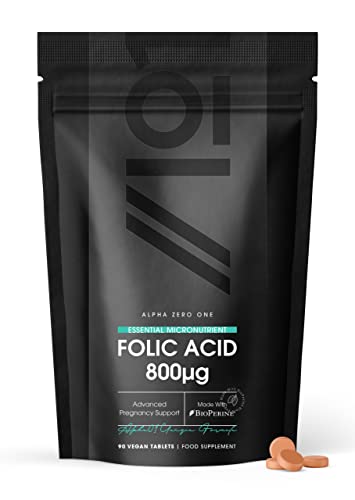Understanding Folic Acid: What It Is and Why It Matters
What is Folic Acid?
Folic acid, also known as vitamin B9, is a water-soluble vitamin that plays a crucial role in our body’s functioning. It is essential for the synthesis of DNA and RNA, which are vital for cell reproduction and growth. We often hear about the importance of folic acid, especially in relation to pregnancy, but it benefits everyone by supporting cell division, aiding in the production of healthy red blood cells, and contributing to overall heart health.
Why is Folic Acid Important?
Understanding the importance of folic acid can help us make informed dietary choices. It helps prevent neural tube defects during early pregnancy, and thus, is crucial for expectant mothers. Additionally, folic acid has been linked to reduced risks of heart disease, strokes, and certain cancers. Ensuring adequate intake can support overall well-being.
Top Sources of Folic Acid: Food vs. Supplements
Natural Food Sources
Including folic acid-rich foods in our diet is an effective way to meet our nutritional needs. Leafy greens like spinach and kale, legumes such as lentils and chickpeas, and citrus fruits like oranges are excellent natural sources. Fortified cereals and whole grains also contribute significantly to folic acid intake. By incorporating a variety of these foods, we can ensure we’re getting a sufficient amount of folate naturally.
Considering Supplements
Sometimes, despite our best efforts, we may find it challenging to achieve the recommended daily levels of folic acid through diet alone. In such cases, supplements can be a reliable option. Folic acid supplements are widely available, and they can help fill any nutritional gaps we may face, particularly for individuals with dietary restrictions or specific health conditions.
Choosing the Right Folic Acid Supplement: Key Factors to Consider
Identifying Quality Supplements
When selecting a folic acid supplement, it’s crucial to choose one that ensures quality and effectiveness. We should look for supplements that clearly list the dosage on the label and are manufactured by reputable companies. Additionally, checking the ingredient list for any fillers or additives is vital for those with allergies or sensitivities.
Natural vs. Synthetic Folic Acid
We also need to consider the type of folic acid in the supplement. Some products contain synthetic folic acid, while others provide methylfolate, a form of folate that is more easily absorbed by the body. For individuals with specific genetic variations, methylfolate may be more beneficial. Therefore, understanding our body’s needs can guide our choice.
Dosage Guidelines: How Much Folic Acid Do We Really Need?
Recommended Daily Allowance (RDA)
The recommended daily allowance for folic acid varies depending on age, gender, and life stage. Generally, adults are advised to consume 400 micrograms daily, while pregnant women require about 600 micrograms to adequately support fetal development. Breastfeeding mothers should aim for 500 micrograms. Tailoring our intake according to these guidelines ensures we meet our health needs.
Adjusting Intake Based on Individual Needs
Individual health conditions and lifestyle choices may necessitate adjusting our folic acid intake. Those with certain medical conditions, such as celiac disease or inflammatory bowel disorders, may need to increase their consumption due to malabsorption issues. Consulting with healthcare professionals can help us determine the right dosage for our unique situations.
Frequently Asked Questions About Folic Acid: Your Concerns Addressed
Is it Safe to Take Folic Acid Supplements?
For most people, taking folic acid supplements is safe when adhering to recommended dosages. However, excessive intake can mask symptoms of vitamin B12 deficiency, which is why it’s essential to discuss any supplement use with a healthcare provider to ensure it’s appropriate for our personal health circumstances.
Can I get enough Folic Acid from my diet?
Many of us can meet our folic acid needs through a well-balanced diet rich in fruits, vegetables, and fortified grains. However, factors like dietary restrictions, lifestyle changes, or special life stages, such as pregnancy, may require us to consider supplementation. Regularly assessing our diet can help us determine if we need to incorporate supplements.
